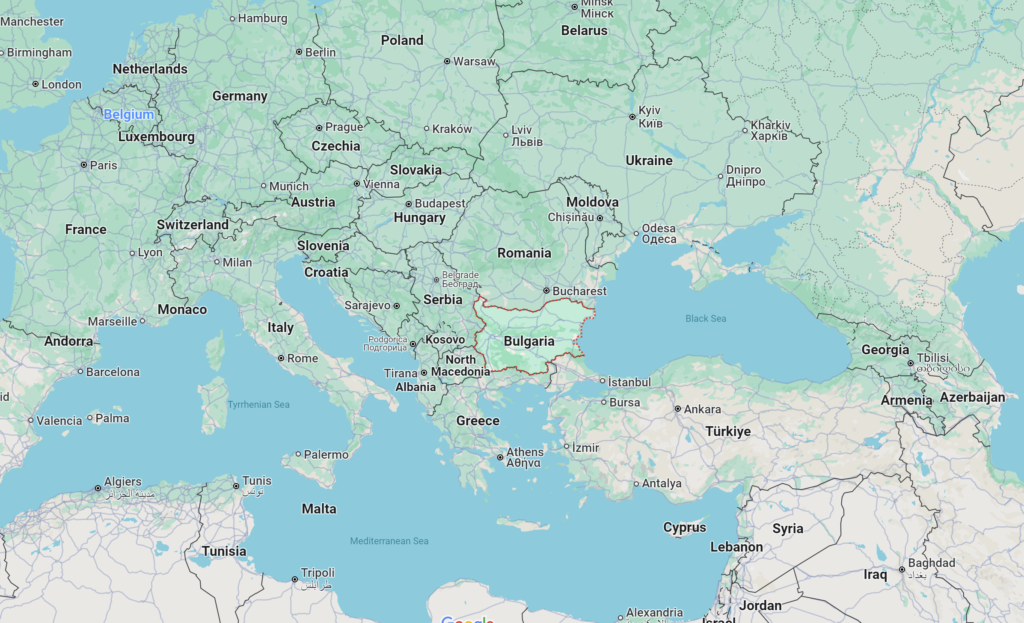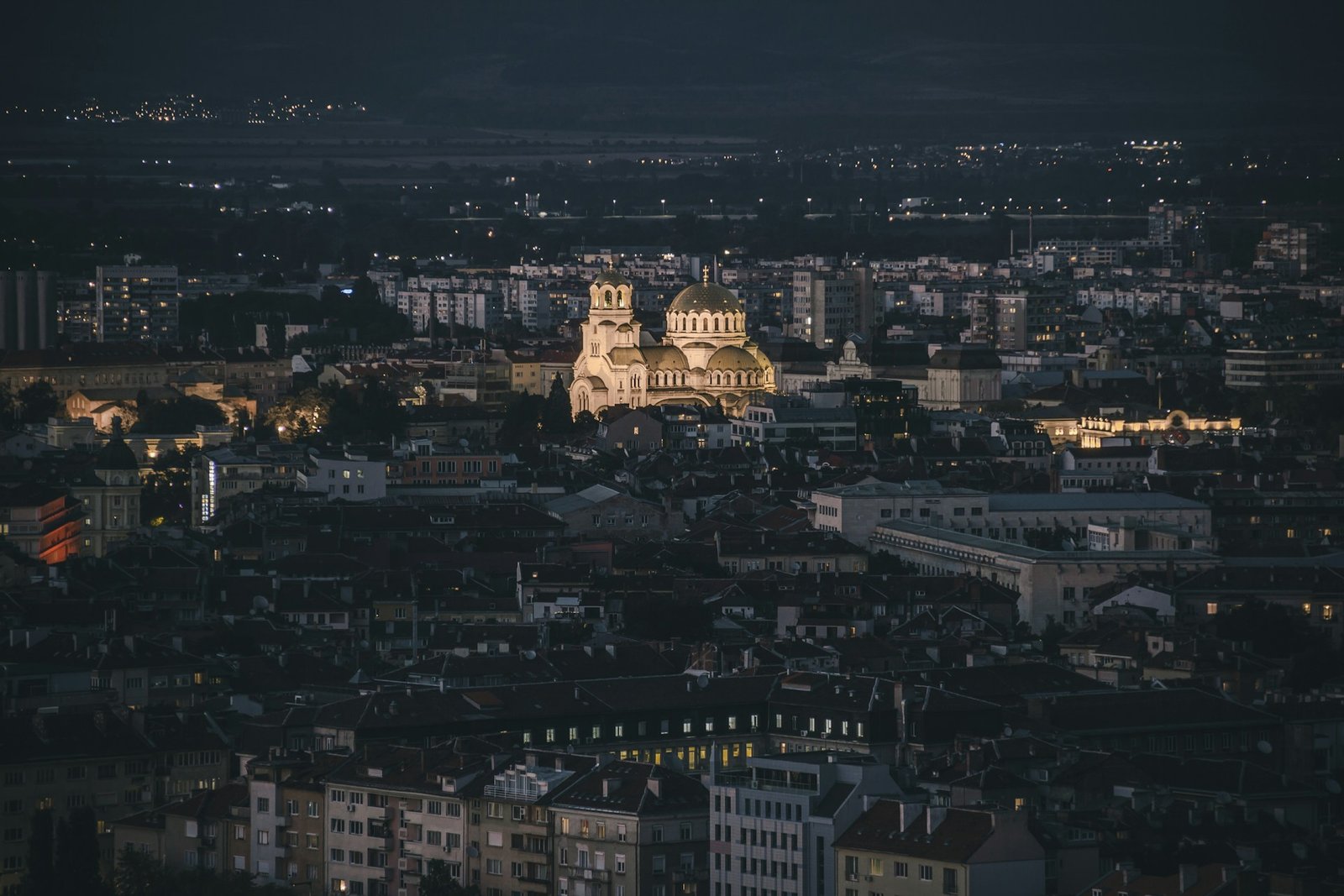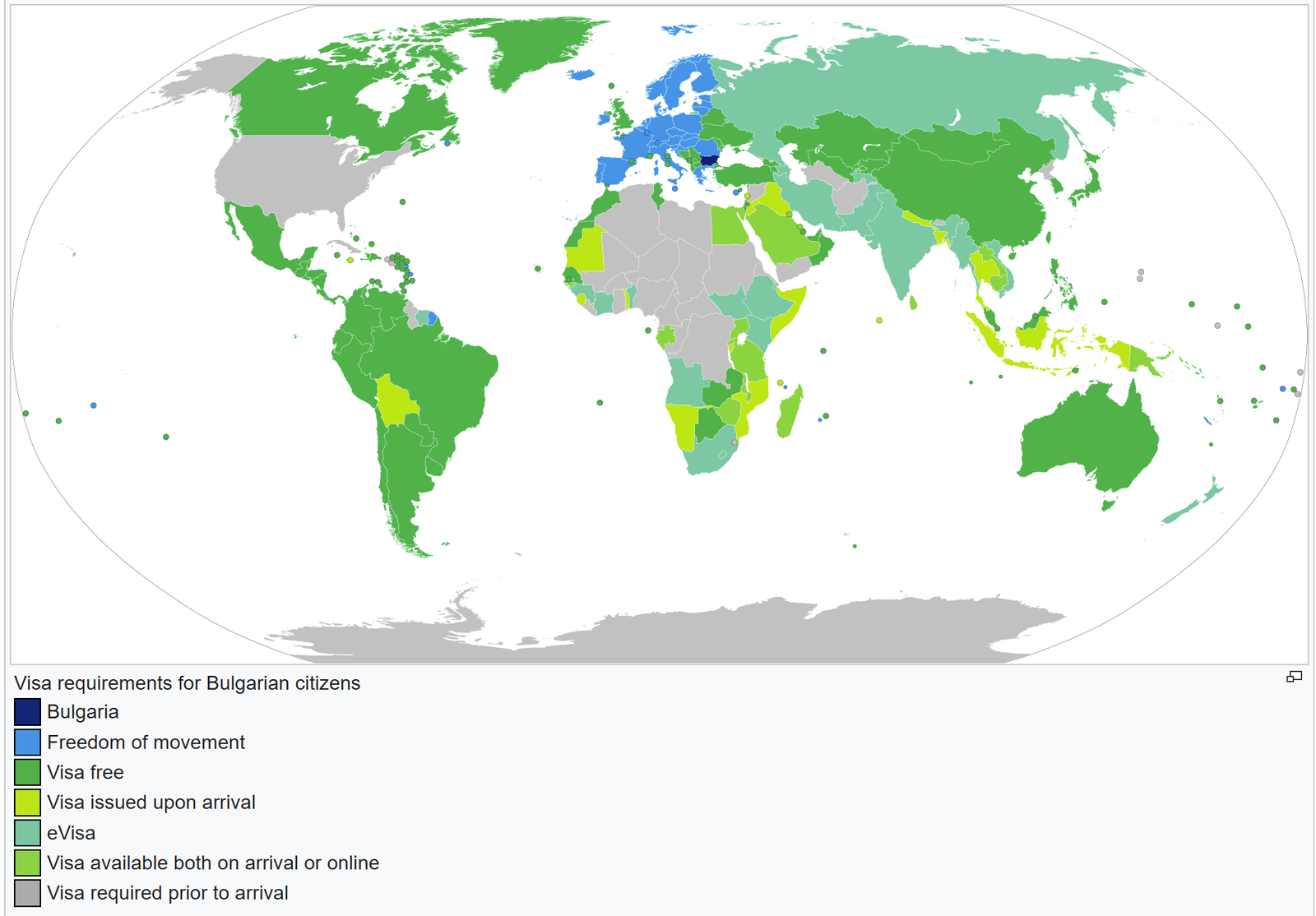How To Get Residency in Bulgaria: A Comprehensive Guide
Capital: Sofia
Population: 6,437,360 (2024, 109th)
Ethnic groups: 85.7% Bulgarians, 8.5% Turks, 4.5% Roma
Area: 110,993.6 km2 (103rd)
Offical Language: Bulgarian
Currency: Lev (as of July 10th, 2025, 1 Bulgarian Lev=0.60 USD)
GDP per Captial (PPP): $41,901 (2025 estimated, 55th)
Human Development Index: 0.845 (55th)

Country Profile:
Bulgaria is a country located in Southeastern Europe, on the Balkan Peninsula. In recent years, Bulgaria has been actively aligning itself with European integration. It joined NATO in 2004, the European Union in 2007, and the Schengen Area on March 31, 2024. Starting from January 1, 2024, shops in Bulgaria have also begun accepting payments in euros, marking a significant step in Bulgaria’s entry into the Eurozone.
Bulgaria’s economy is primarily service-based, with agriculture, industry, and tourism also playing important roles. The beautiful scenery along the Black Sea coast, various picturesque ski resorts, and the rich traditions of Eastern Orthodox culture attract a large number of tourists from around the world each year.
Over the past thirty years, Bulgaria’s population has been steadily declining, dropping from 9 million in 1989 to now less than 6.4 million.
Immigration & Visa System:
While Bulgaria’s overall population is shrinking, the number of foreigners living in the country is actually on the rise year by year.
By the end of 2023, official statistics showed that 64,600 non-EU citizens and 18,600 citizens from other EU countries were regular residents in Bulgaria. These groups represent 1% and 0.3% of the country’s population, respectively.
Generally, the Bulgarian government offers three types of visas for non-EU citizens:
- Type A Visa: This is an airport transit visa.
- Type C Visa: This is a short-term visa, which includes categories such as tourism visa, sports visa, cultural exchange visa, business visit visa, and medical treatment visa.
- Type D Visa: This is a long-term residence permit in Bulgaria, valid for six months to one year, allowing multiple entries and stays in Bulgaria. It is also the first step toward legally immigrating to Bulgaria.
Currently, the Bulgarian Type D Visa includes the following categories:
- Employment Visa: Issued to employees of local companies who have received a work permit from the Bulgarian Ministry of Labor, allowing them to apply for work residence.
- Business Activity Visa: If your business activities in Bulgaria create at least 10 jobs, you can apply for business residence.
- Student Visa: Issued to foreign students enrolled in Bulgarian universities.
- Skilled Professionals Visa: Issued to individuals working in Bulgaria under the EU Blue Card scheme.
- Family Relationship Visa: Bulgarian citizens, permanent residents, or long-term residence permit holders can apply for family reunification residence for their immediate family members.
- Company Representation Visa: Issued to employees of foreign companies operating in Bulgaria.
- Start-up Visa: Issued to foreign entrepreneurs who establish a new business in Bulgaria with an investment of at least 100,000 BGN (approximately 57,000 USD).
- Medical Treatment Visa: Issued to foreign patients receiving treatment in Bulgarian medical institutions.
- Media Representative Accreditation Visa: Issued to foreign media representatives reporting news in Bulgaria.
- Retirement Visa: Issued to non-EU retirees who receive a government pension.
- Investment Visa: Issued to high-net-worth individuals who make significant investments in Bulgaria.
- Freelancer Visa: Issued by the Bulgarian Ministry of Labor to non-EU freelancers with sufficient financial means and work experience.
- Volunteering Visa: Issued to foreign volunteers working with religious or non-governmental organizations in Bulgaria.
- Special Protection Visa: Issued by the Bulgarian Ministry of Interior to individuals in need, based on humanitarian reasons.
In general, if you want to apply for a Bulgarian Type D Visa, you need to prepare the relevant documents, schedule an appointment with the nearest Bulgarian consulate or embassy, submit your application, and complete an interview.
After obtaining the Type D Visa, you can travel to Bulgaria and convert the visa into a long-term residence permit at the relevant authorities. This long-term residence permit is generally valid for one year and can be renewed under the same conditions. After living in Bulgaria for five years, you can apply for permanent residence.

Dependents:
For most Bulgarian long-term residence permits, the main applicant’s spouse and children under 21 can apply for a family member visa as dependents.
Permanent Residency:
According to local laws, Bulgarian permanent residence is granted to the following categories of individuals:
1. Descent: This category includes foreign citizens of Bulgarian descent, unmarried and economically dependent children of Bulgarian permanent residents, and individuals born in Bulgaria who have not acquired Bulgarian citizenship.
2. Naturalization: Foreigners who have legally resided in Bulgaria for five years, with a total residence period of no less than 30 months during those five years.If you purchase property in Bulgaria with a value of at least €312,000, you are exempt from the 30-month residence requirement.
3. Permanent Residence By Investment: Foreign investors who meet any one of the following three economic conditions are eligible to apply directly for Bulgarian permanent residence through investment:
- Invest in the Bulgarian stock market, government bonds, treasury bills, other derivatives, companies with more than 50% government ownership, government shares in Bulgarian companies, intellectual property, franchise contracts, or invest in licensed financial institutions in Bulgaria with an investment of no less than 1 million BGN (approximately 570,000 USD).
- Alternatively, invest 6 million BGN (approximately 3.41 million USD) in a Bulgarian company that is not listed on the stock market.
- Or, invest 500,000 BGN (approximately 290,000 USD) in the form of a venture capital fund to become a partner or shareholder in a Bulgarian company and create employment for at least 10 Bulgarian citizens.
Citizenship:
Once a foreigner becomes a permanent resident of Bulgaria, after legally residing in the country for an additional five years, if they are at least 18 years old, have no criminal record, have sufficient financial means to support themselves, are proficient in the Bulgarian language, and are willing to renounce their original citizenship, they are eligible to apply for Bulgarian citizenship.
Passport Power:
For citizens born in the country, Bulgaria recognizes dual citizenship; however, for naturalized citizens, Bulgaria does not recognize dual citizenship.
The Bulgarian passport ranks 15th globally, allowing holders to travel freely (visa-free, visa on arrival, or electronic visa) to 178 countries and regions as of July 10, 2025.

Useful Links:
Bulgaria Ministry of Foreign Affairs: https://www.mfa.bg/en/services-travel/consular-services